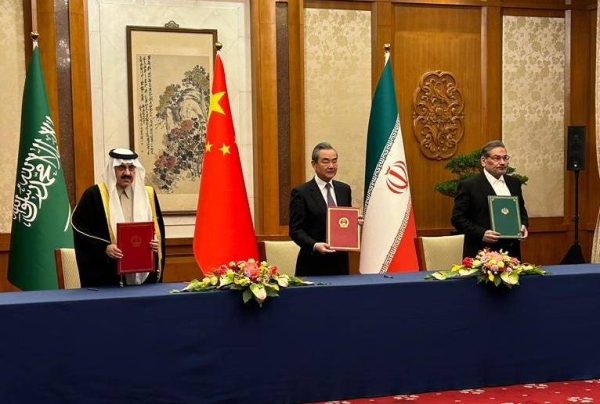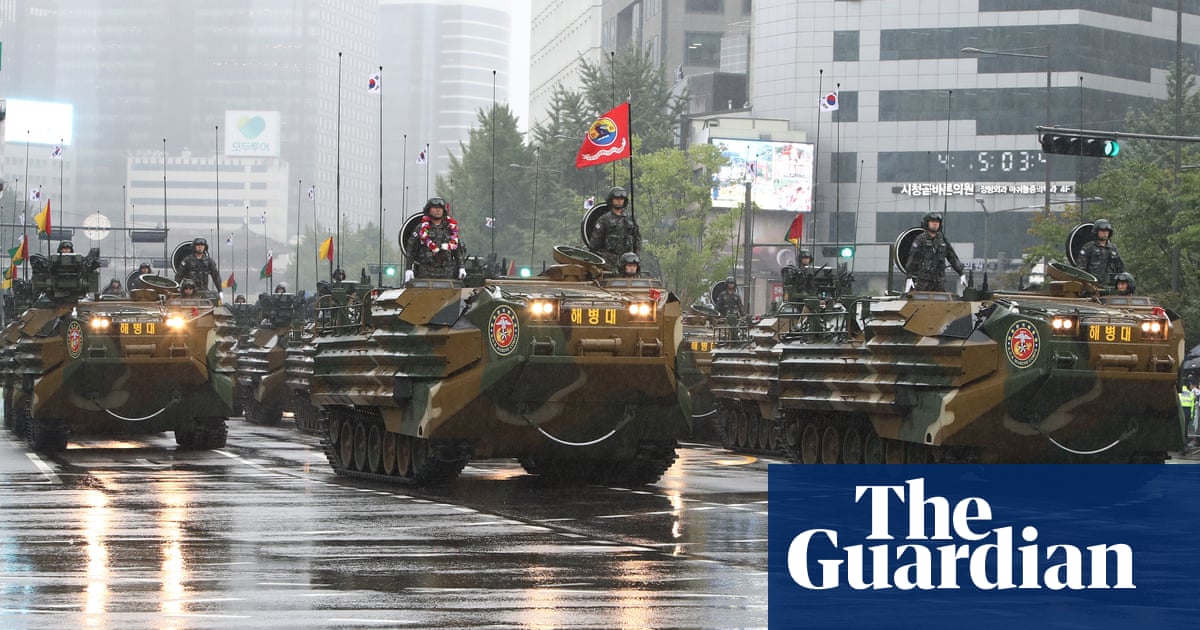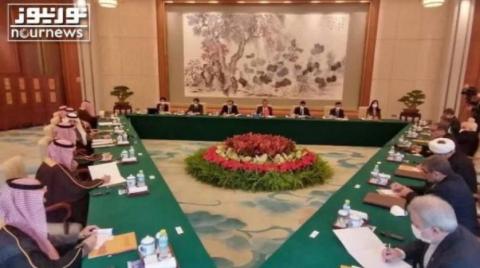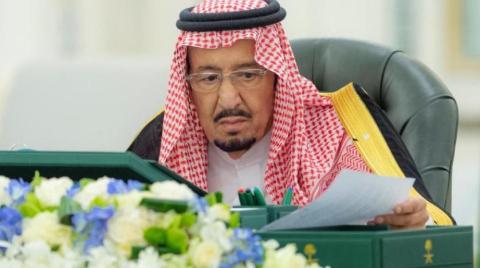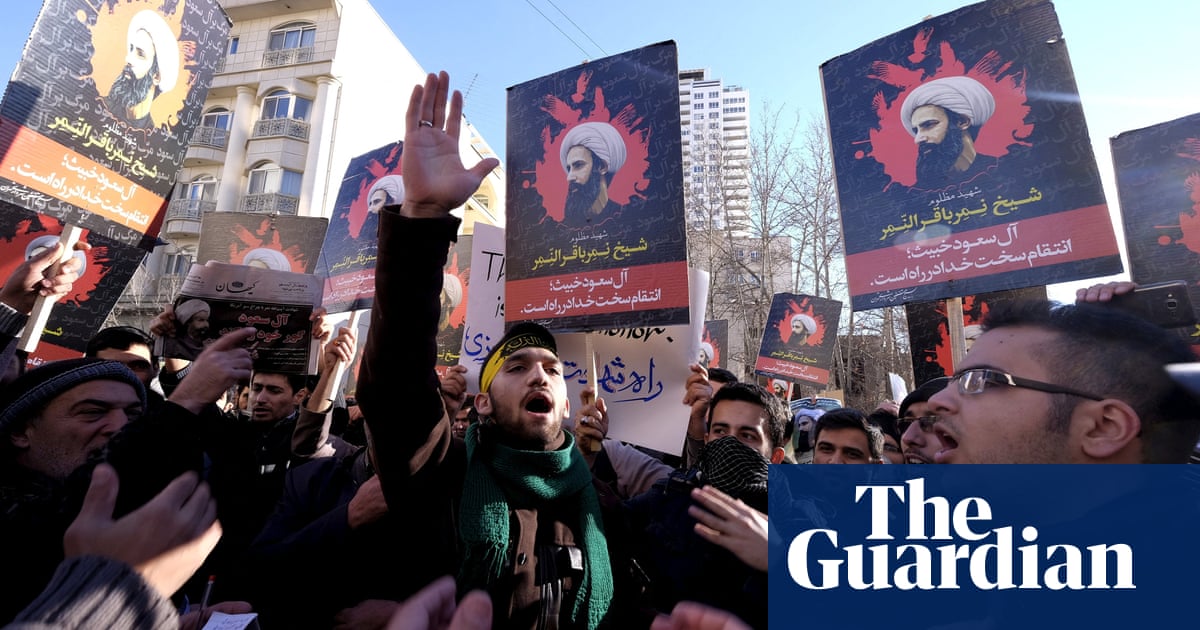
Iran and Saudi Arabia, the two great oil-producing rivals of the Middle East, have agreed to restore ties and reopen embassies seven years after relations were severed.
The agreement came after Chinese-brokered talks held in Beijing. “As a result of the talks, Iran and Saudi Arabia agreed to resume diplomatic relations and reopen embassies … within two months,” Iran’s state news agency Irna reported, citing a joint statement.
Riyadh cut ties with Tehran after Iranian protesters attacked Saudi diplomatic missions in Iran in 2016 following the Saudi execution of the revered Shia cleric Nimr al-Nimr. The rivalry between predominantly Shia Iran and Sunni Saudi Arabia has dominated Middle East politics in recent years, spreading into Syria, Iraq, Lebanon and Yemen.
Nour News, which is linked to Iran’s supreme national security council, posted footage of Ali Shamkhani, the council’s secretary, with a Saudi official and China’s most senior diplomat, Wang Yi.
“After implementing the decision, the foreign ministers of both nations will meet to prepare for exchange of ambassadors,” Iranian state television said.
The agreement has potentially wide implications for the Iran nuclear deal and the civil war in Yemen, where the two sides are locked in a proxy war, and shows the new determination of Saudi Arabia to conduct a foreign policy independent of the west.
The Saudi Press Agency confirmed the agreement, which said the two countries had agreed to respect state sovereignty and not interfere in each other’s internal affairs.
The statement also said Riyadh and Tehran had agreed to activate a security cooperation agreement signed in 2001.
Hossein Amir-Abdollahian, Iran’s foreign minister, said: “The return of normal relations between Iran and Saudi Arabia provides great capacities to the two countries, the region and the Islamic world. The neighbourhood policy, as the key axis of the government’s foreign policy, is strongly moving in the right direction, and the diplomatic apparatus is actively behind the preparation of more regional steps.”
Talks between Saudi Arabia and Iran on a potential reconciliation have been continuing for years mainly in Iraq, so it comes as a surprise that the deal was sealed in China.
Shamkhani, Iran’s national security secretary, acknowledged the role played by Baghdad, saying he appreciated Iraqi efforts in hosting five rounds of Iran-Saudi Arabia talks and adding that their efforts were valuable in paving the way for the agreement.
Saudi sources said it was important that it was China’s plan that will, at least in principle, hold Iran to account.
The deal could, however, have implications for a US-led effort to isolate Iran economically through sanctions. If there is a genuine warming of Saudi relations with Tehran, one consequence is likely to be Saudi investment inside Iran.
A further potential consequence of the diplomatic re-engagement is that Saudi Arabia may rein back its London-based satellite channel Iran International, which has proved popular inside Iran by siding with the protesters.
Speaking in London earlier this week, the Saudi foreign minister, Prince Faisal bin Farhan al-Saud, defended Saudi Arabia’s links with China, saying: “China is our largest trading partner. It is also the largest trading partner of most countries. And that is a reality that we will have to deal with. China, for us, is an important and valued partner in many areas. We have excellent working relationships across many sectors. But we have said and repeat this, always, we will look towards our own interests. And we will look for them in the west and in the east.”
He also stressed that he believed the Iran nuclear talks in their current form were moribund, and it would be better to change the format so that other currently excluded regional powers most affected by Iran’s nuclear programme were included.
Prince Saud added that he did not think the Saudis would have any additional demands about Iran’s civil nuclear programme than those currently posed by the west, but said: “I believe we can, when we are at the table, make it quite clear to the Iranians that this is not just a concern of distant countries, but it’s also a concern of its neighbours. Those neighbours would move into seeking better normal relations. So if we make clear that this is part of reassuring us, I think that may help them find it more acceptable to engage in such a process.”
In Yemen, the Saudis have been backing the internationally recognised government in an eight-year civil war against Iranian-backed Houthi rebels based in the north, but have been looking for a way to end the war by conducting private talks in Oman with the Houthis.
Saudi Arabia will hope that Iran will halt Houthi drone and missile strikes on the kingdom, and that Iran will help with Saudi talks with the Houthis. But officials stressed that expectations would, at least initially, remain low.
The pact does not necessarily mean any change in the Saudi approach to the Palestinian conflict, where it has been warning Israel that it is on course to cause dangerous bloodshed.
However, the deal will cause concern among many Israeli politicians who have sought global isolation for its arch-enemy Iran. Naftali Bennett, the former Israeli prime minister, described the pact as a “serious and dangerous” development and a “fatal blow to the effort to create a regional alliance” against the Islamic Republic.
Saudi Arabia has refused to join the Abraham accords that normalised relations between Israel and some Arab states.




